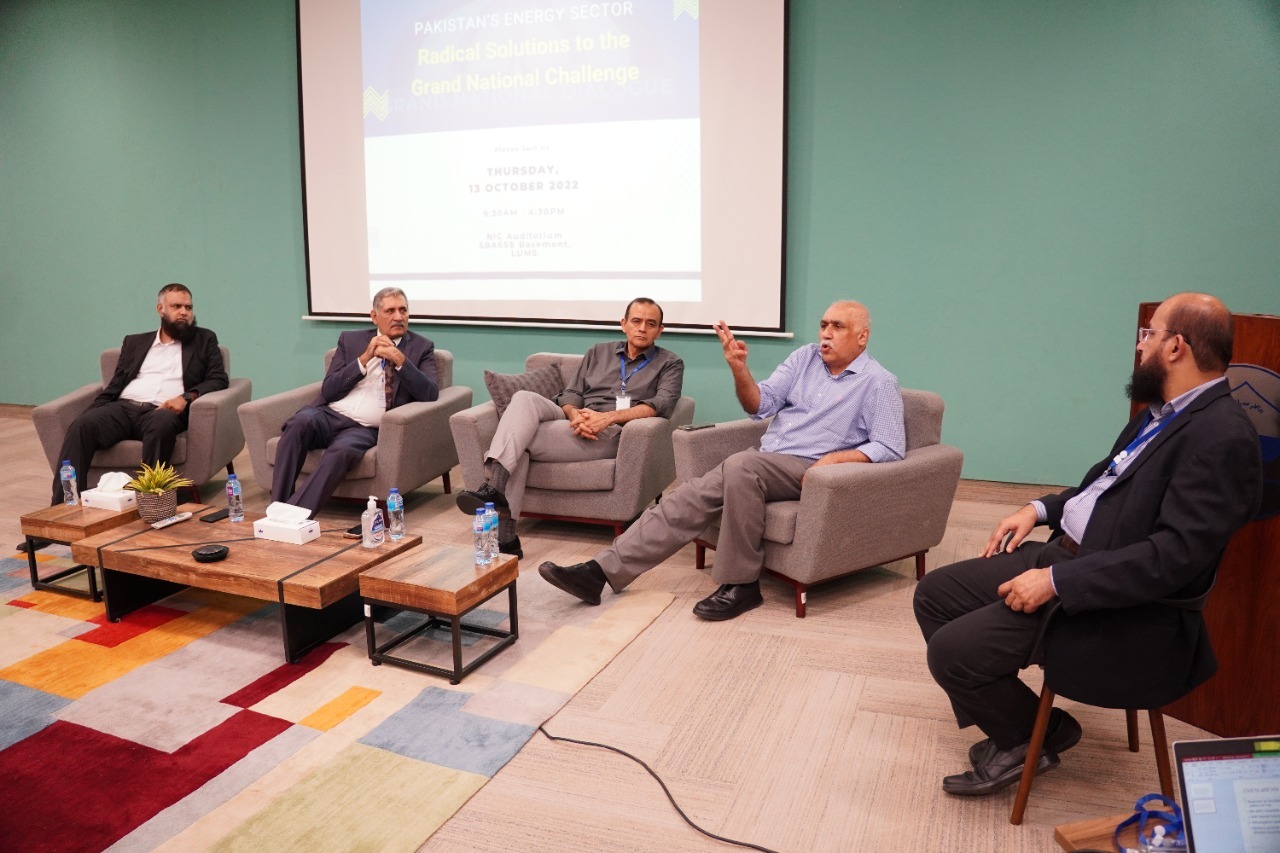- Seminar held by Lahore University of Management Sciences and Islamabad Policy Research Institute.
- Pakistan can save up to $1.045 billion annually by curbing unnecessary demand such as cooling load.
- A National Energy Security Council (NESC) may be established that reports only to the prime minister.
ISLAMABAD: Lahore University of Management Sciences (Lums) and Islamabad Policy Research Institute (IPRI) conducted a seminar on energy and power, a statement said.
The premise was to study the vibrancy of Pakistan’s energy sector and to slog viable solutions in overcoming the crisis at hand.
IPRI Research Director Brig Raashid Wali Janjua (Retd) opened the session and highlighted the idea behind the Grand National Dialogue.
“Unless we bring about changes in our energy module, and the share of our renewables, hydro energy is not increased in our energy structure, we will not be able to overcome the energy challenges,” he said.
LUMS Energy Institute Director and National Transmission and Dispatch Company (Power Sector) former director Dr Fiaz Chaudhry briefed the audience on the “Current State of Power Sector” and emphasized on demand side management.
According to him, Pakistan can save up to $1.045 billion annually by curbing unnecessary demand such as cooling load. He proposed home insulation and retrofitting to lessen the demand for domestic consumption of electricity.
To overcome the governance challenges in the power sector, a National Energy Security Council (NESC) may be established that reports only to the prime minister, it was suggested. To utilize excess installed capacity, Chinese factories should be shifted to Pakistan to increase industrial baseload, the seminar noted.
SUI Northern Gas Pipelines (Gas and RLNG Sector) Representative Asim Riaz remarked that the gas reserves are depleting at a tremendous pace. “We need to incentivize exploration activities for gas by reducing security risks and costs for exploration activities.”
Riaz also stressed on the need to rationalize gas prices by rolling back gas subsidies.
Pakistan State Oil (PSO) former managing director Sheikh Imran ul Haq suggested that the country should replace spot buying of petrol with medium-term contracts for fuels procured direct from the refinery.
“The ministry structure is fine. People in those positions must change. Core ministers should be technocrats. People under them should be domain experts with longer than current three year contracts,” he added.
Petroleum Institute of Pakistan (Supply Chain Challenges of Energy Resources) Chief Executive Officer Shehryar Omar, while highlighting the supply chain challenges of energy resources, remarked that Pakistan’s very high dependence on imported crude and finished products are increasing strain on exchequer and the infrastructure.
Domestic production of oil provides less than 20 per cent of Pakistan’s oil requirements. The remaining requirement is met by importing crude oil and refined products. The gas reserves are declining at 6 per cent/year, which has led to the import of liquefied natural gas (LNG) since 2015, the participants learnt.
LUMS Energy Institute Co-Director Dr Naveed Arshad said that the seminar’s recommendations will be data-tested in the coming GND’s event to generate actionable policy items on addressing the energy crisis in the country.
[embedpost slug=”jsmu-organised-a-seminar-on-legal-aspects-in-nursing/”]

















